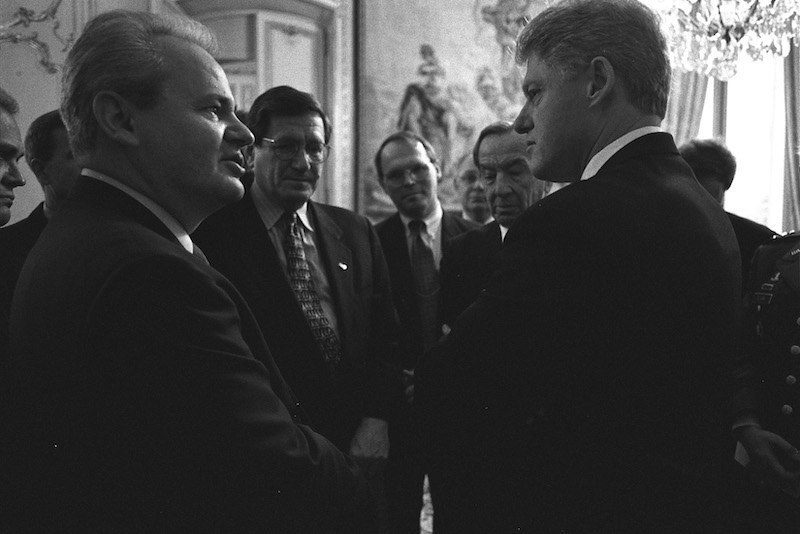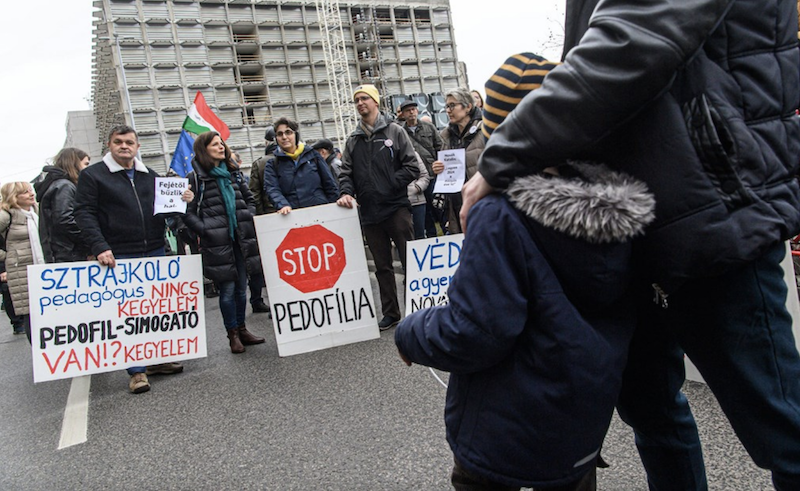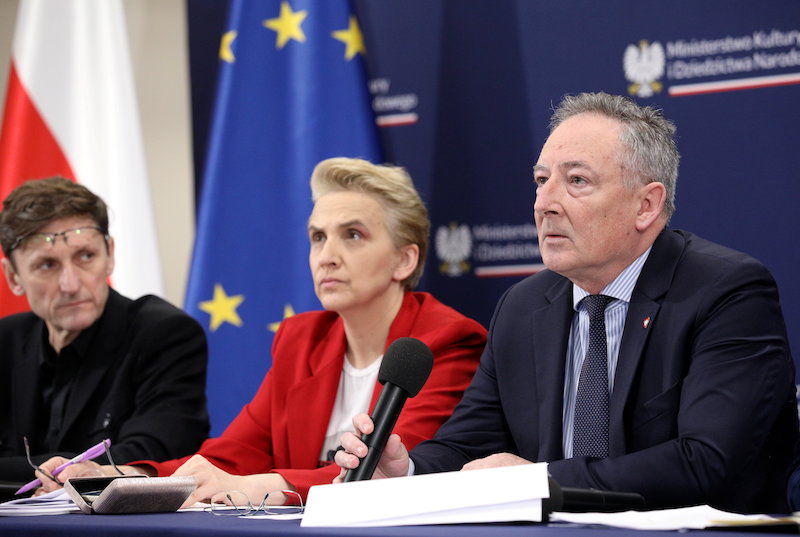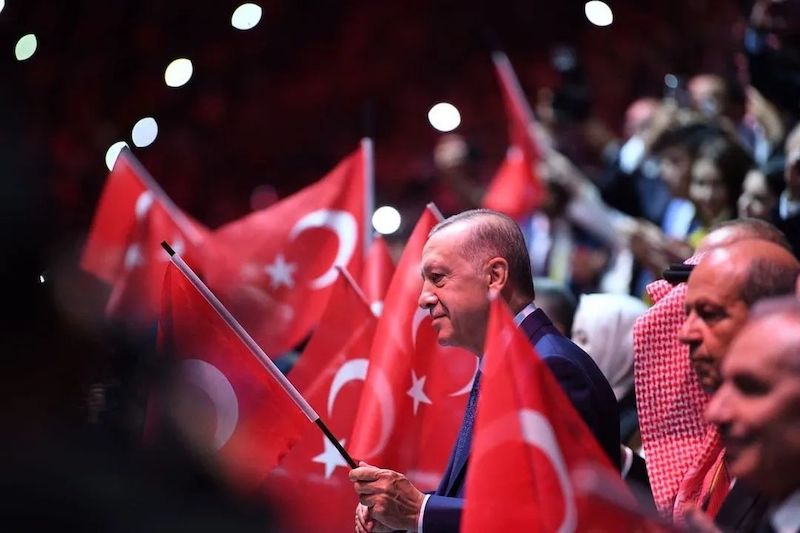Serbian strongman Slobodan Milosevic was a beloved leader to many of his people in the early 1990s. Masses adored his patriotic speeches and melodramatic cries about Serbia against all, and his promises of economic prosperity.
By 2000 his legacy included defeat in war, human suffering, economic crisis, sanctions, isolationism, and the brutal suppression of free thought. During the ‘October revolution’ of that year, he was done for.
But democracies don’t start with only a decree. Declaring a victory over an authoritarian or populist regime is not enough, as they leave behind a societal desert in which good democratic practices find it hard to take root.
Initial euphoria gave way to the feeling that the criminals in power had already switched sides, the judiciary continued to be run by the same self-serving structures, and the media landscape was dominated by Milosevic’s clientele.
Reforms in every sphere were hard to pull off, as institutions were rotten from inside, the youth and intelligentsia had fled from the country, and some of the newly appointed officials turned out to be ‘bad apples’.
Political bickering over which path the country should follow raged. Subsequent governments failed to bring prosperity and fresh corruption scandals piled up. However the state no longer had control over a robust propaganda machine to force rose-tinted spectacles on people.
If the narrow chance for true change is missed, the impetus dissipates, and people start preferring to see through pink lenses rather than confront the chaos around them. All conditions are set for a new “great leader” to emerge.
Today’s Serbia reminds us of the Milosevic era. There’s a lack of media freedom and corruption is rampant. Good practices and checks and balances do not have a chance.
Only, since 2014 there is another great leader, Aleksandar Vucic, pumping up the national sentiment, engaging in melodramatic rants, opening and closing news bulletins and keeping pink glasses over people’s eyes.






